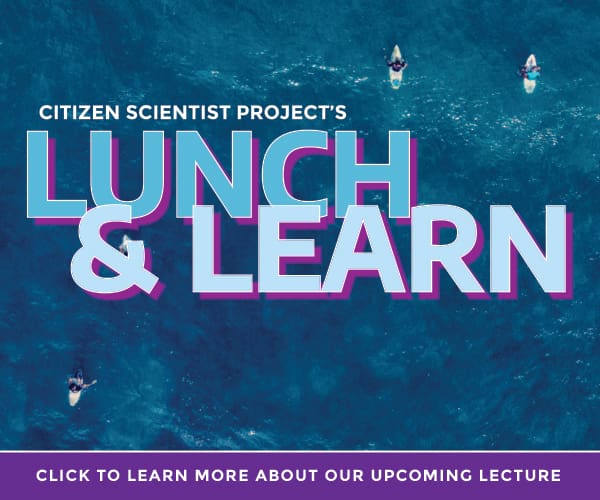Fausto Gomez pressed his attack on frontrunner Joe Rasco Tuesday, accusing him, without direct evidence, that he was beholden to development interests that would “take a bulldozer from the entrance to Key Biscayne all the way to the park” in a mayoral debate put on by the Key Biscayne Independent.
The two differed sharply on the need for raising the island’s debt cap, but agreed on the touchy question of how to pay for burying the island’s power and telecommunications cables.
The attacks by Gomez came as mail ballots were arriving in local mailboxes this week. Gomez finished a distant second place to Rasco in the primary, and wants to close the gap by appealing to supporters of former candidate Katie Petros, who nearly upset Gomez in the August vote.
Petros has been courted for her support, but has so far stayed neutral in the race.
“I’m Switzerland,” she said Thursday.
But Petros defended the work of the Strategic Vision Board, which she helped create while a council member. “It’s not something that’s been done in a vacuum,” she said. “It’s not meant to create changes in who we are. Hopefully, people will realize there is nothing to be afraid of.”
It’s unclear if Gomez’s new strategy –he took no position on the zoning issue change during a July appearance on the Anti-Social podcast— will be effective in wooing Petros’ supporters.
But it has rattled some local merchants.
At a meeting convened by the Key Biscayne Chamber of Commerce last week, Golden Hog owner Jorge Gonzalez-Capiello voiced concerns that if the amendment passes, a super majority of council members might make changes that could lead to redevelopment that would increase commercial rents.
Gomez’s attacks are meant to put Rasco, a member of the Charter Review Commission, on the defensive, and Rasco and his supporters have had to respond. “I’m opposed to increasing density, how much better can I say that? Suggesting anything else is crazy,” Rasco said in the debate.
But the Vision Board’s plan does in fact envision a new, walkable commercial core that could include a mix of new residential housing that would be offset with additional parks. Former members of the panel united to issue a letter earlier this week, accusing Gomez of misleading voters.
Manager Steve Williamson said Thursday that Gomez’s claim that village staff had a plan to incentivize developers by increasing density was false. “I didn’t speak to him, and there is no plan,” Williamson said.
But it’s also a fact that a sizable chunk of the unprecedented $64,350 raised by Rasco has come from the real estate sector. The amount is more than double the $25,639 Gomez has self-funded, again putting the former mayor on the defensive.
At the Chamber session, with fellow former members of the charter panel alongside, Rasco tried to reassure Gonzalez-Capiello, leaving the door open to placing regulatory safeguards in place, aimed at protecting local businesses.
Gonzalez-Capiello nodded politely as panel members pointed out that any zoning decision could be overturned through a citizen’s petition, but the merchant wound up leaving the meeting unpersuaded.
Hurricane Preparedness
With Hurricane Ian in the headlines, the candidates were in agreement on at least one part of hurricane resilience: burying power lines, with both rejecting what had been the village’s plan in the past.
The Village’s Undergrounding Task force had recommended a controversial rate formula that would have charged single family homes more than condo dwellers whose buildings already had underground utilities, although the village council never formally endorsed it. The undergrounding initiative came to a halt in 2019. The manager, Williamson, has restarted it, although the funding mechanism has not been decided.
“We don’t ask that question when we have a beach renourishment that is very favorable, also for the property owners in the condos,” he said. Gomez said the Key Biscayne Condominium President’s Council had shifted its position on the undergrounding funding question and is no longer seeking a different rate for condos.
“That is an issue of the past,” Gomez said. But he maintained his opposition to raising the village’s borrowing cap to fund undergrounding, flooding, and other resiliency projects.
“It’s a lack of respect to the taxpayers,” Gomez said, without explaining how a public referendum was disrespectful.
Rasco, who along with four out of five council candidates supports raising the borrowing cap, said he thought Key Biscayne’s current hurricane plan was “sophisticated,” but said the Village should look at the problems faced by Sanibel island and learn from them.
Sanibel’s causeway, not dissimilar to Key Bicayne’s, washed out but a temporary connection is expected to reopen by month’s end, Gov. Ron DeSantis said.
You can watch the debate here
Invest in Local News for Your Town. Your Gift is tax-deductible
Tony Winton is the editor-in-chief of the Key Biscayne Independent and president of Miami Fourth Estate, Inc. He worked previously at The Associated Press for three decades winning multiple Edward R. Murrow awards. He was president of the News Media Guild, a journalism union, for 10 years. Born in Chicago, he is a graduate of Columbia University. His interests are photography and technology, sailing, cooking, and science fiction.



